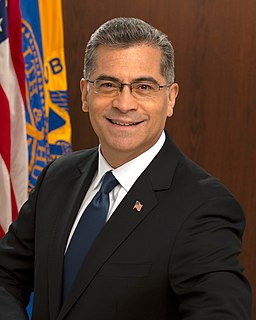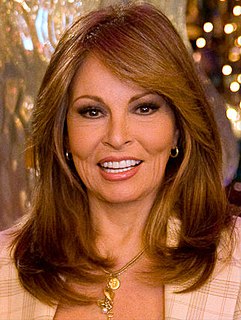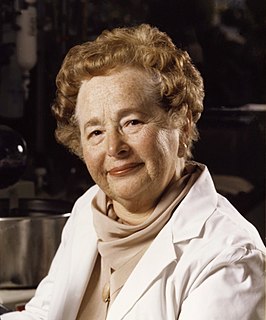A Quote by Xavier Becerra
My father was a construction worker most of his life. My mother, when she came from Guadalajara, Jalisco, Mexico, to the United States, never had a chance to go to college either and became a clerical worker. But they did nothing but build this country.
Related Quotes
My father came from a country called Bolivia. He was of Spanish descent. I never went to Bolivia until I was 60 years old, but apparently when he was 17, he had already planned his entire academic curriculum so that he could graduate high school and enter college in the United States. That's how much he wanted to come to this country.
My father emigrated from Lithuania to the United States at the age of 12. He received his higher education in New York City and graduated in 1914 from the New York University School of Dentistry. My mother came at the age of 14 from a part of Russia which, after the war, became Poland; she was only 19 when she was married to my father.
Before the United States, there wasn't really anyplace anybody could go. They had to seek refuge in other ways. After the United States was founded, it became the place you go, and the people who came assimilated into a single culture that was shared in a way. Everything the left claims to want is exactly what this country started out doing. It was multicultural, we had the Italians, we had the Irish, we had everybody.
When we have a better, more social, more responsible, less egotistical, less corrupt system, Mexico will be able to give work to the millions of Mexicans who have to build our roads, dams, schools, all the things that are left undone in Mexico while we have the manpower. There is something very bad going on, on both sides of the border in Mexico and the US. But the worker is a worker, not a criminal. So, I am in favor of a solution such as the Kennedy-McCain proposals that make it clear what steps have to be taken to accept the fact that the US needs foreign workers.
I have a fundamental belief in the goodness and strength of the American worker. And the American worker is the most productive, the most innovative. America is still the greatest producer, exporter and importer. I have a fundamental belief in the United States of America. And I still believe, under the right leadership, our best days are ahead of us.
In the last generation we've moved past a U.S.-Mexico relationship that while friendly on the surface, and demilitarized for the most part, really was not a genuinely cooperative relationship. As a result of the U.S.-Mexico War in the 19th century, and the treaty of Guadalupe Hidalgo in 1848, half of what was Mexico was severed and became much of the western part of the United States. To add insult to injury, most Americans never knew that, and most Mexicans have never forgotten it.
































